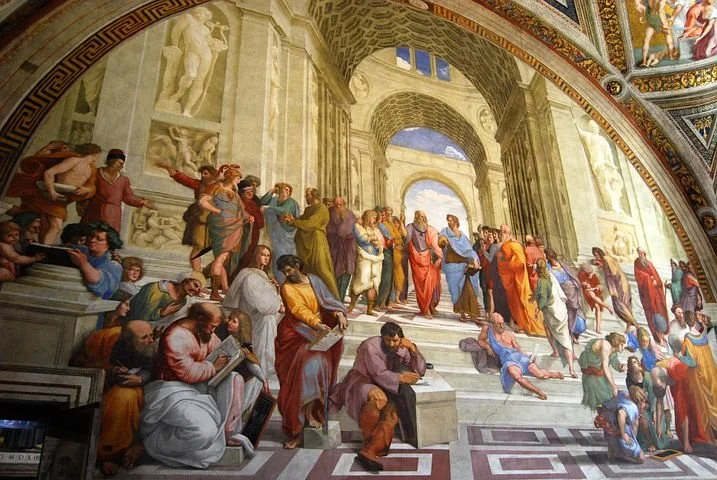Writings in the Bible and Other Ancient Literature
We have far more sources that contain parts of the Bible than for any other work of antiquity, including the writings of Homer, Plato, Aristotle, or Virgil. For the New Testament alone there are about six thousand. Many of them are fragments, which when considered collectively and compared with each other have enabled biblical scholars to construct accurate translations. They have no autographs, which is what these scholars call the originals, but what they do have comes surprisingly close.
As one example, no papyrus or parchment of Paul’s first handwritten letter to the Christian congregation at Corinth (I Corinthians) has ever been found. Tertullian, however, writes that Paul’s letter(s) to that church can be found there and encourages his readers to visit Corinth and examine them. This at very least suggests that either the original(s) or copies were housed there. Based on such evidence and much else, we can be confident that the documents contained in any well-regarded modern translation mirror the concepts expressed in the originals.
Other questions have to do with the nature of the biblical books. The Old Testament contains a variety of documents, including histories, writings by prophets calling Israel back to love and worship of the one true God, and commentaries on and prescriptions for daily life. Its overarching theme is the faithfulness or its absence by the Israelites, with whom the Bible indicates God had chosen to form an intimate ongoing relationship. The pervasive theme of the Old or First Testament is monotheism as opposed to idolatry.
Nothing of the sort appears in any other ancient writing. There were brief flirtations with monotheism, for example in Egypt, but the ancient world, to the extent it was religious, conceived of many god, many of whom were by nature mercurial. No concept of establishing a relationship with a single intentional God, either individually or corporately, seems to have existed.
The New Testament is saturated with claims that Jesus was no ordinary mortal. Jesus, we are told, revealed to humanity, more clearly than ever before, God’s nature and the great shrouded secret (see Colossians): Jesus is Lord of the cosmos, and because of what he accomplished on our behalf, God is eager to forgive our dereliction of duty, both in relation to God and the deep structure of the universe that resounds with evidence of a creator.
Nowhere in any other ancient literature is there anything resembling the claims of the authors of the New Testament. It is as if they had all reached the same astonishing conclusions, which had to do with who Jesus was and what his life, death, and resurrection signified.
None of the secular writers offer ethical prescriptions that anticipate or reflect the teachings of Jesus, who taught and lived out love for one’s enemies. This was radically new. So was the claim by New Testament authors that Jesus was the Christ (Messiah), that before appearing on earth he had existed with God, that through him the world had been created, and that Christ is its supreme Lord to whom everyone owes worship and allegiance.
Both the Old and New Testament point to an invisible supernatural realm, and the Second or New Testament records how God invites those who embrace Christ into that realm. Whether people who have never heard this news can become part of that realm, perhaps because of how God evaluates their hearts, can be debated. What is not at issue is whether there is anything like the Bible in any writings, religious or otherwise. There is not.
